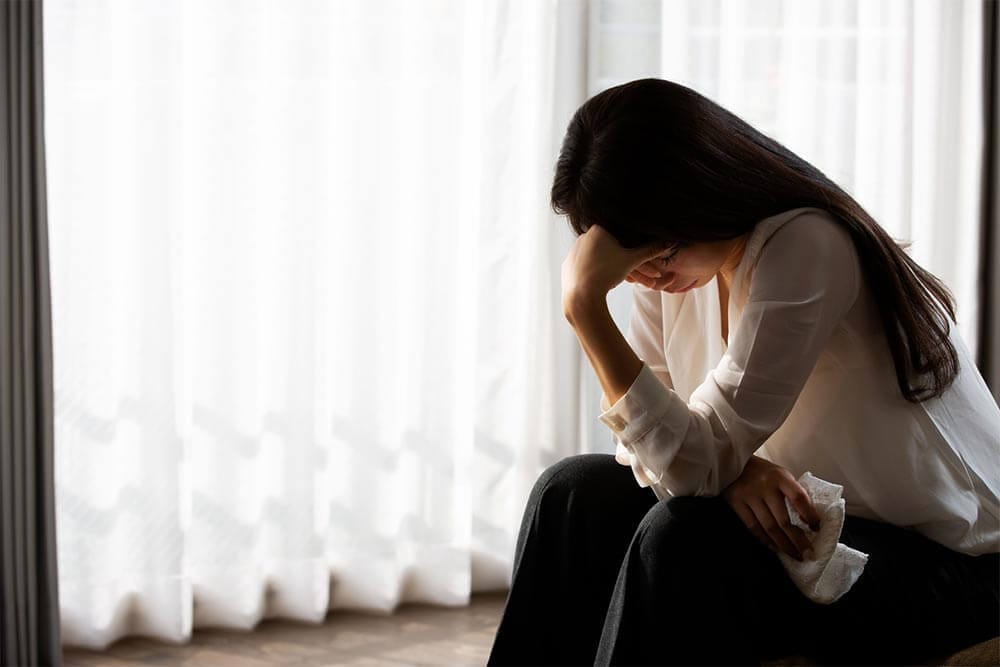- Thriving Guide
- Posts
- Understanding the Link Between Psychosis and Bipolar Disorder
Understanding the Link Between Psychosis and Bipolar Disorder
Understanding how bipolar disorder and psychosis intersect and what treatment options are available.

Psychosis can occur in several mental health conditions, including bipolar disorder. It is estimated that more than half of individuals with bipolar disorder experience symptoms of psychosis during their lifetime. Psychosis is not a separate illness but a symptom characterized by hallucinations, delusions, or paranoia that cause a person to lose touch with reality.
How Psychosis Appears in Bipolar Disorder
Psychotic symptoms are more common in bipolar I disorder than in bipolar II, and they often occur during severe manic or depressive episodes. Psychosis in this context can manifest as:
Hallucinations: Seeing or hearing things others do not
Delusions: Strong, false beliefs (e.g., feeling targeted or having special powers)
Paranoia: Distrust or fear without logical reason
Before psychosis develops, there are often warning signs such as changes in sleep, unusual thoughts, or withdrawing from others. These symptoms may progress through three phases:
Prodromal Phase: Subtle changes in behavior or thinking.
Acute Phase: Full psychotic symptoms like hallucinations or disorganized thoughts.
Recovery Phase: Gradual return to normal thinking with potential mild lingering symptoms.
Bipolar Psychosis vs. Psychotic Depression
Psychotic depression involves symptoms of depression accompanied by psychosis. In contrast, bipolar psychosis occurs in individuals with bipolar disorder during manic or depressive episodes. Though both conditions involve psychotic symptoms, the underlying mood patterns differ.
Diagnosis
A diagnosis involves a detailed mental health evaluation, a physical exam, and a review of medical and family history. A mental health professional uses DSM-5-TR criteria to confirm whether psychosis is related to bipolar disorder or another condition.
Treatment for Bipolar Psychosis
Treatment typically combines mood stabilizers, antipsychotic medications, and therapy:
Antipsychotics: Medications like quetiapine, risperidone, or olanzapine can reduce hallucinations and delusions.
Mood stabilizers: Lithium or valproate may help regulate mood swings.
Therapy: Cognitive behavioral therapy (CBT) and psychoeducation help manage symptoms and reduce relapse.
With the right treatment, acute psychotic symptoms can improve within days, though delusions may take weeks to resolve.
Risks of Untreated Psychosis
If bipolar psychosis is left untreated, it can severely impact work, relationships, and daily functioning. It also increases the risk of self-harm or suicide studies suggest around 1 in 5 people with psychosis attempt suicide at some point. Early intervention is crucial for preventing these outcomes.
Supporting Loved Ones
Caring for someone with bipolar psychosis can be challenging. Family members and caregivers can benefit from resources such as local mental health support groups, therapy, or guidance from organizations like the National Alliance on Mental Illness (NAMI).
Key Takeaways
Psychosis can be a symptom of bipolar disorder, especially during severe mood episodes. With timely treatment including medication and therapy most people can recover and live fulfilling lives.
Share this article or subscribe to our newsletter for more insights.